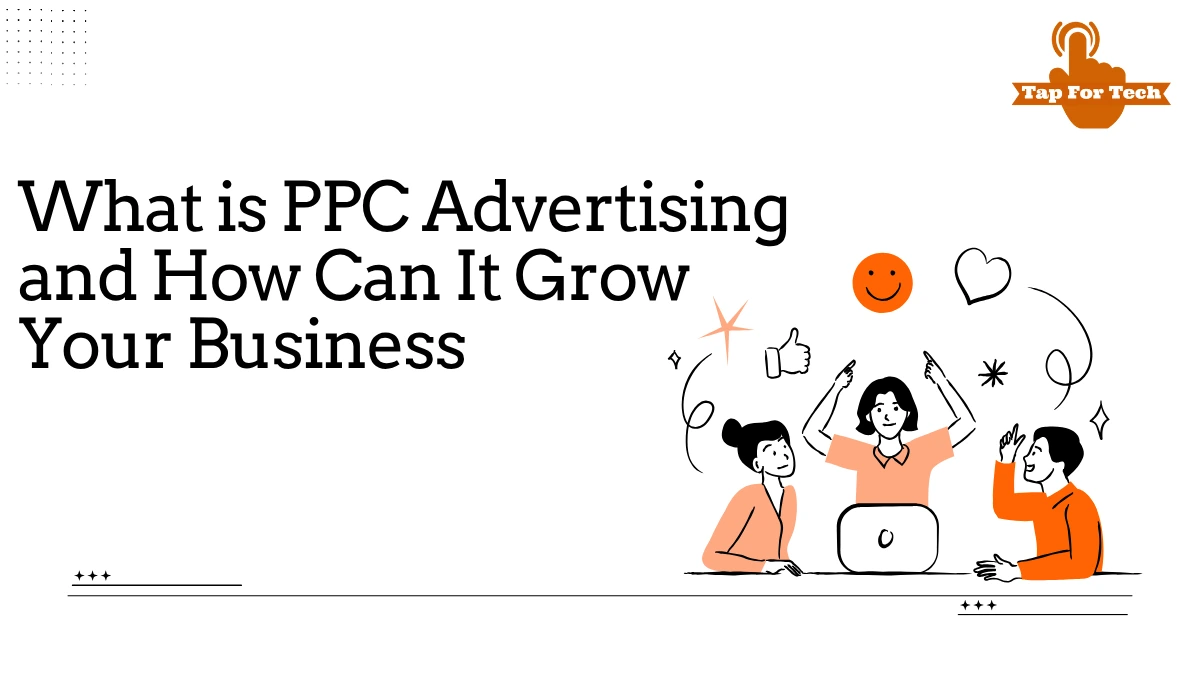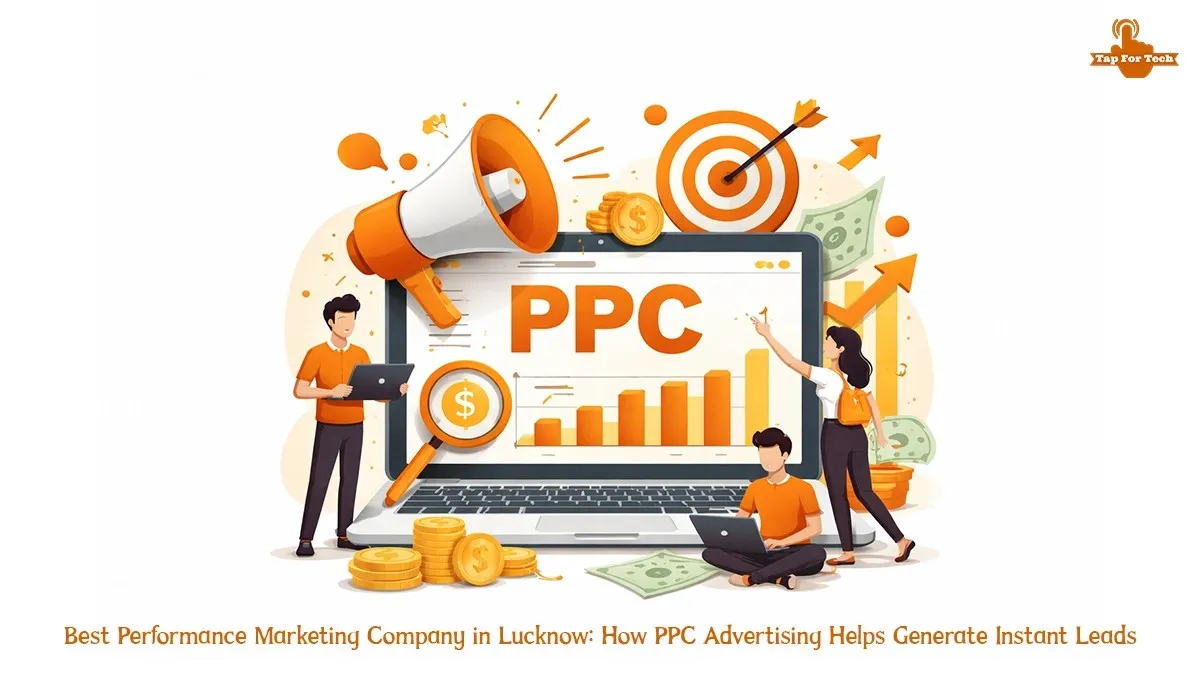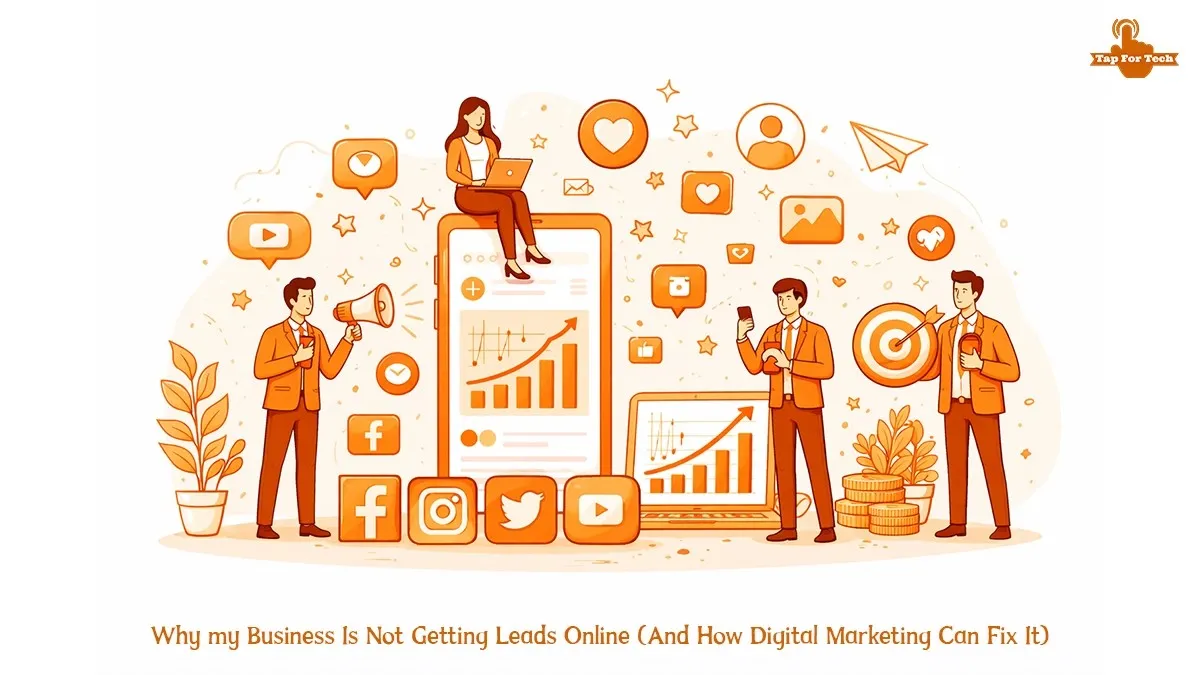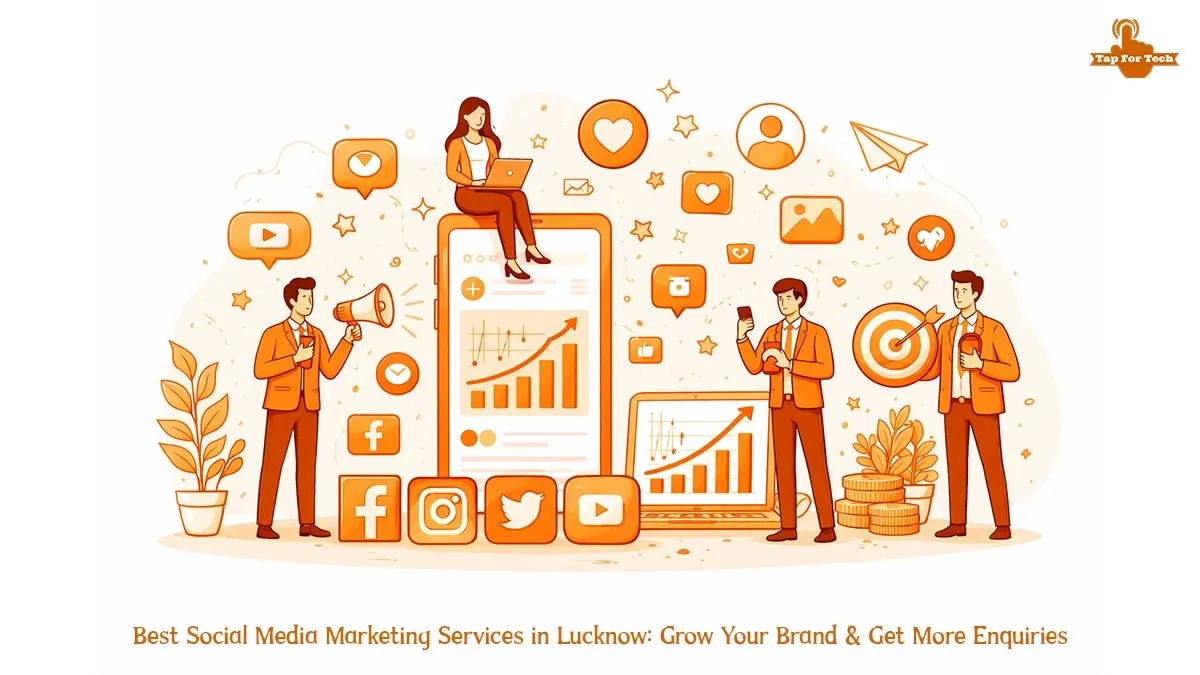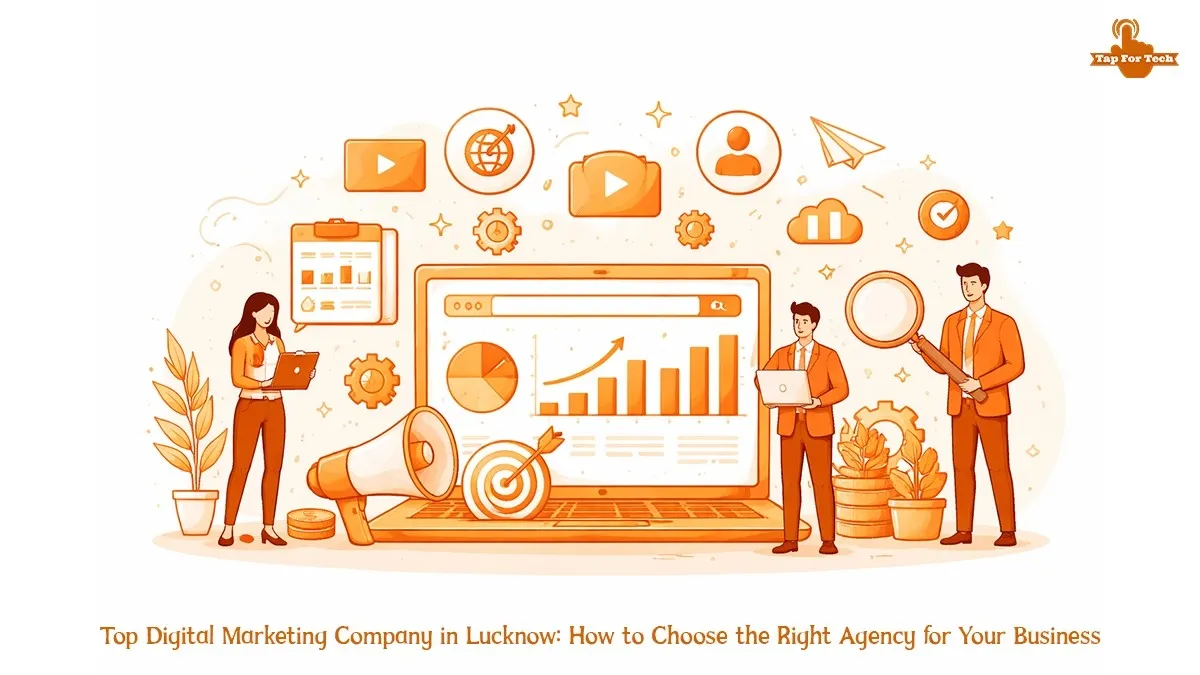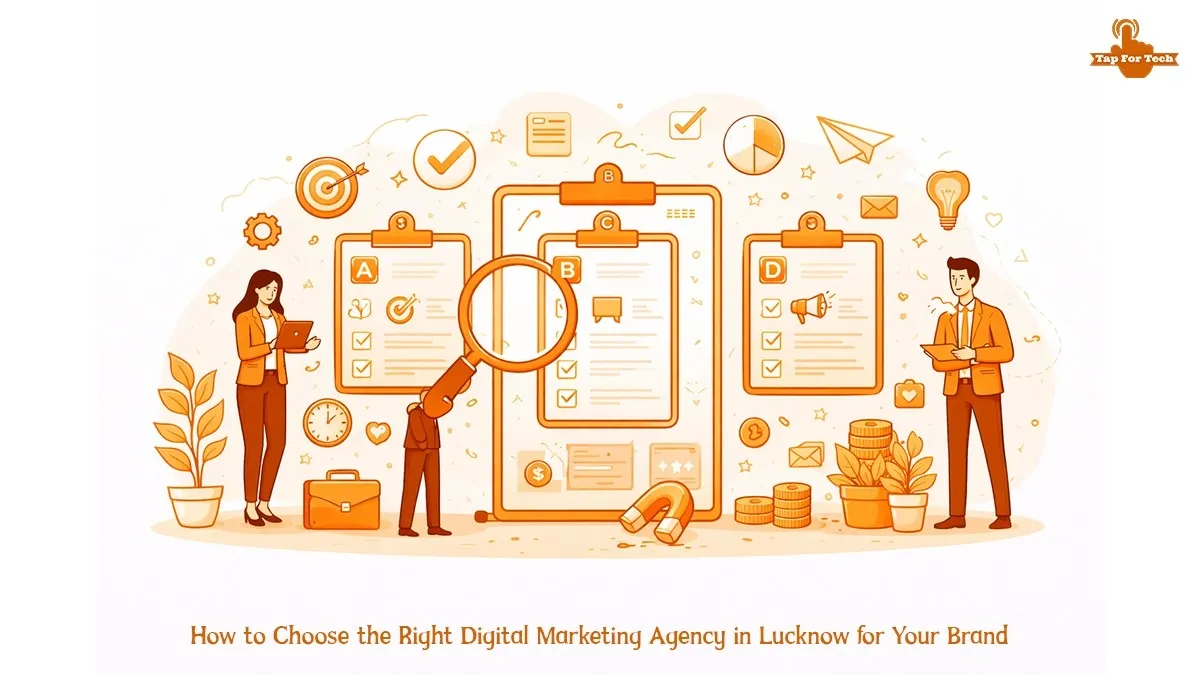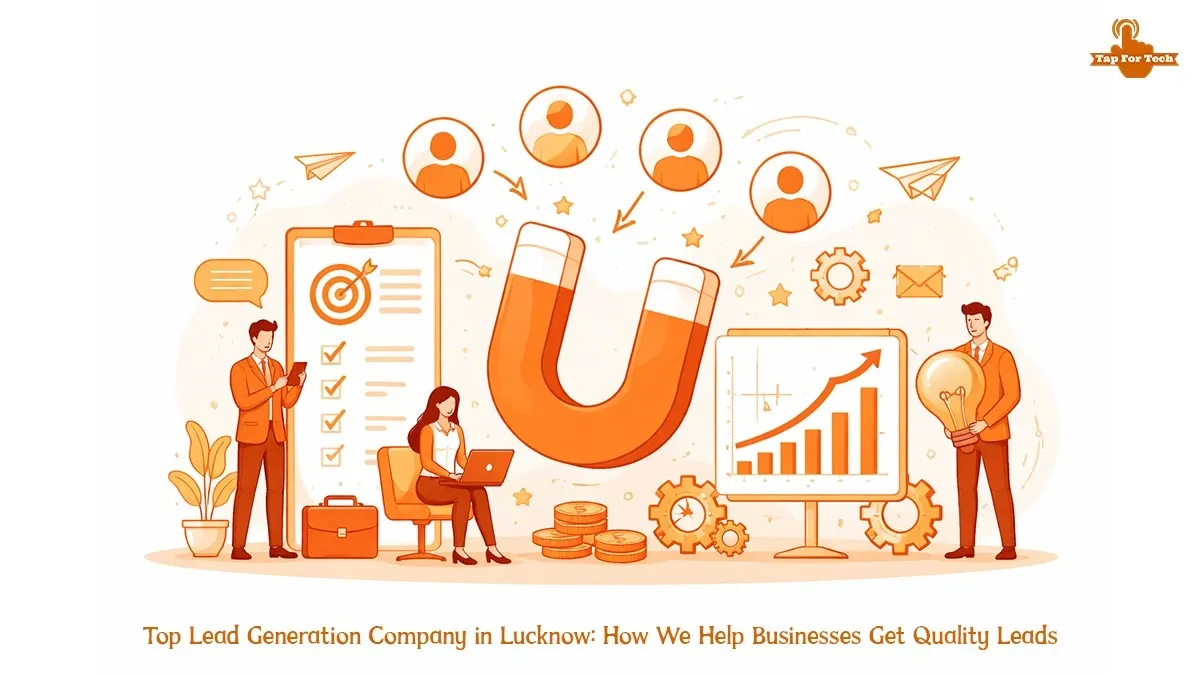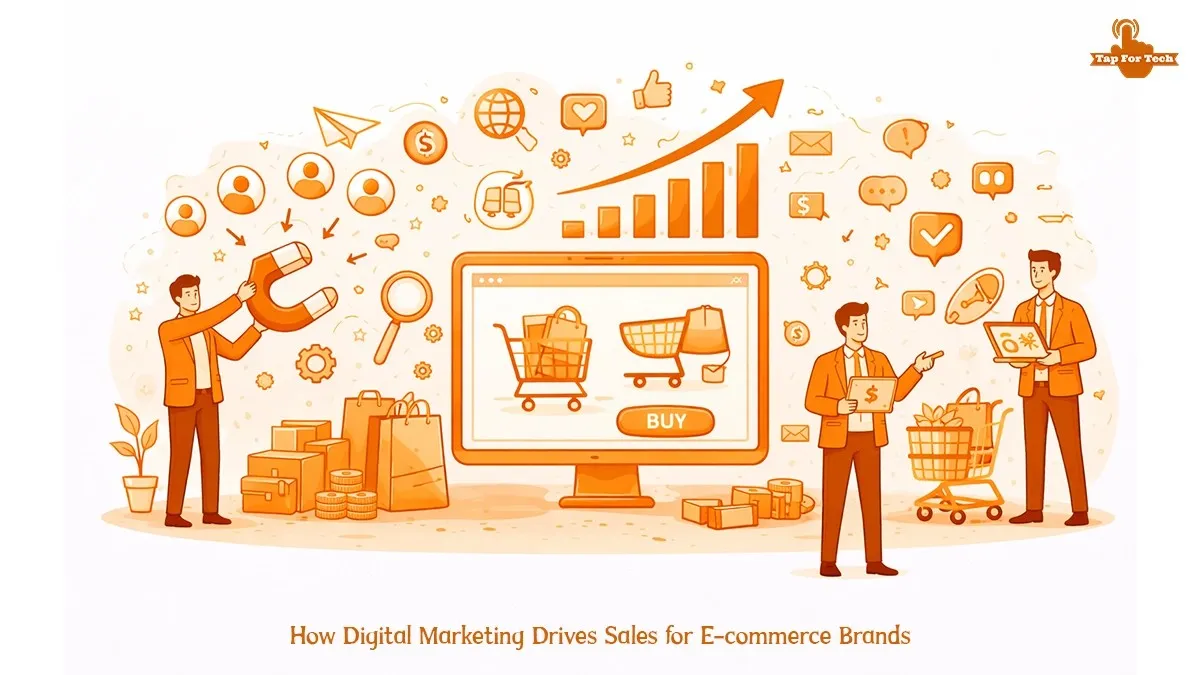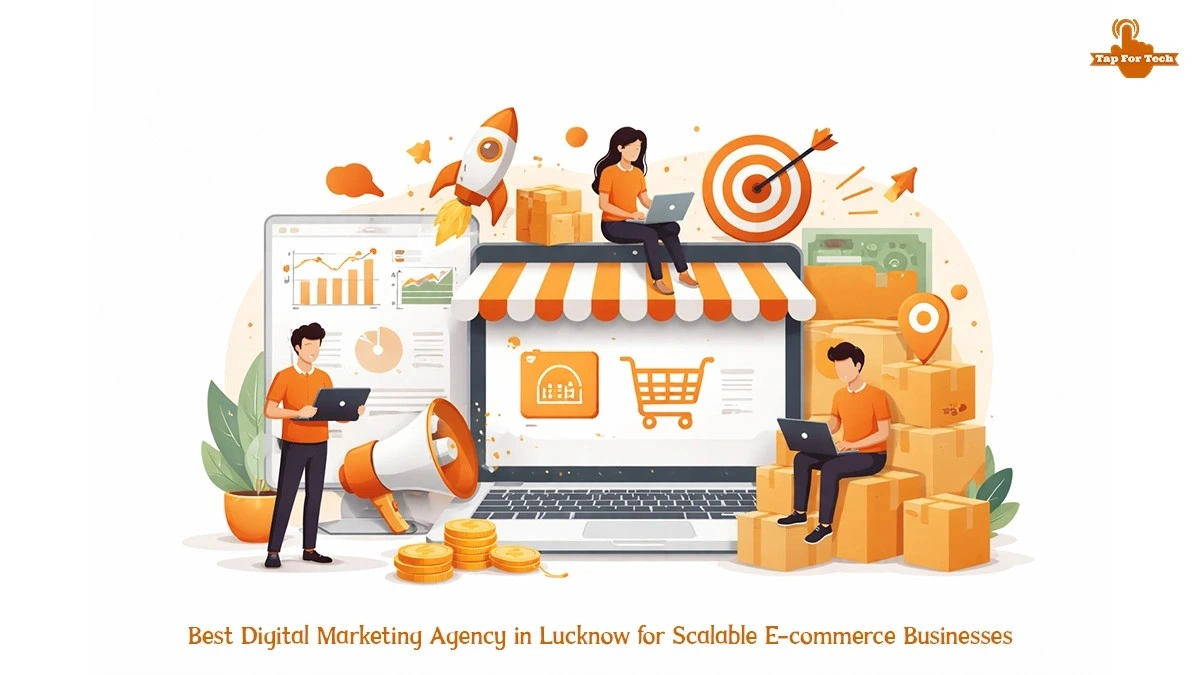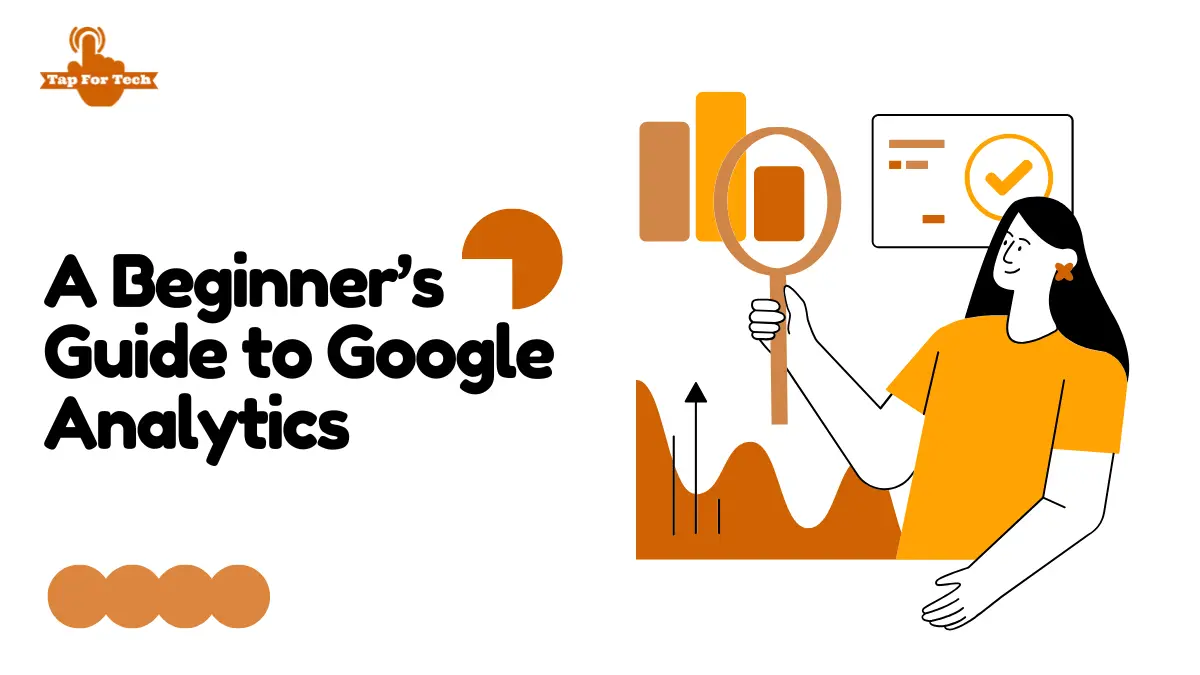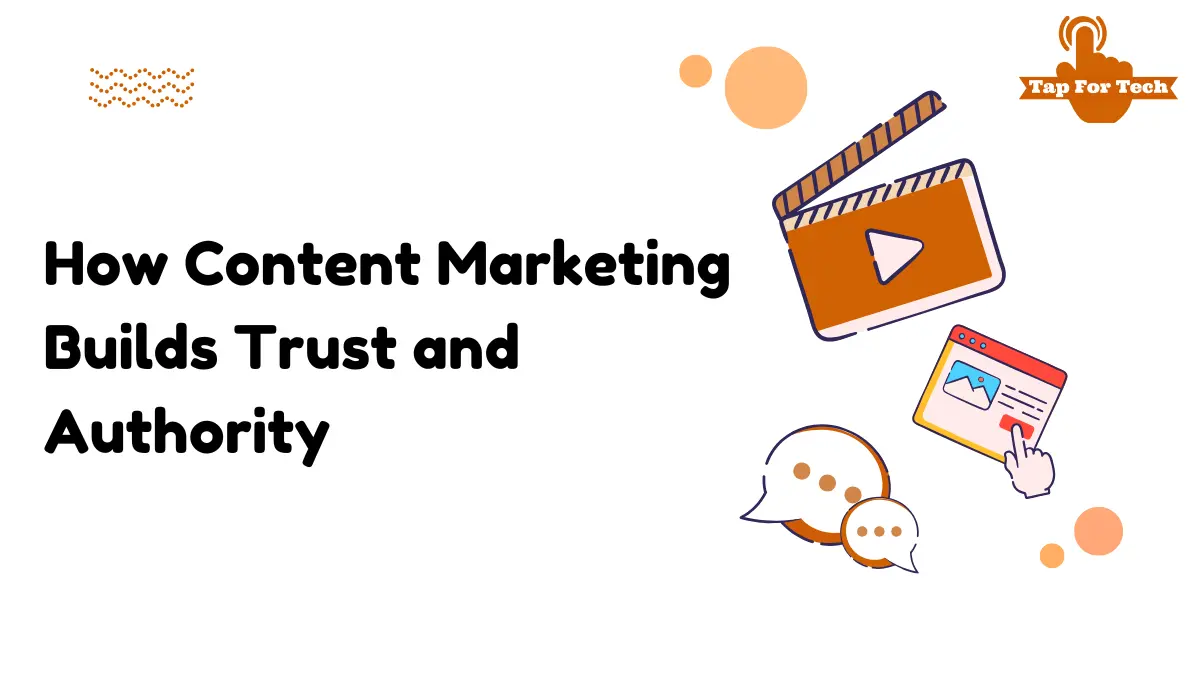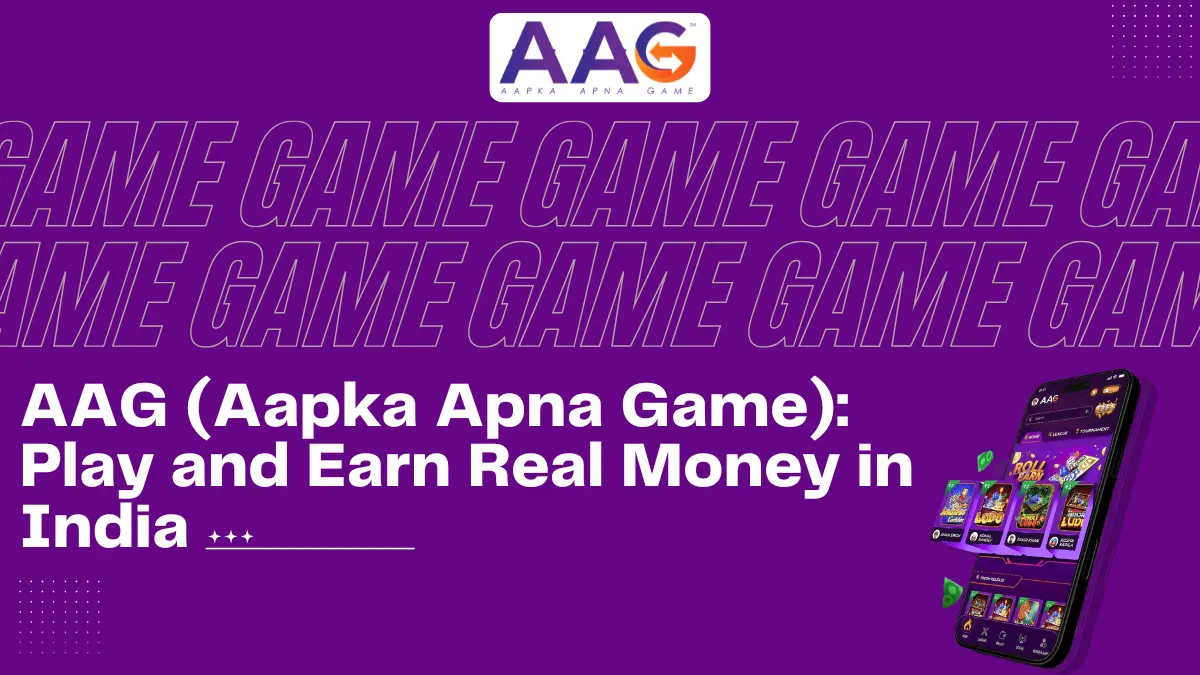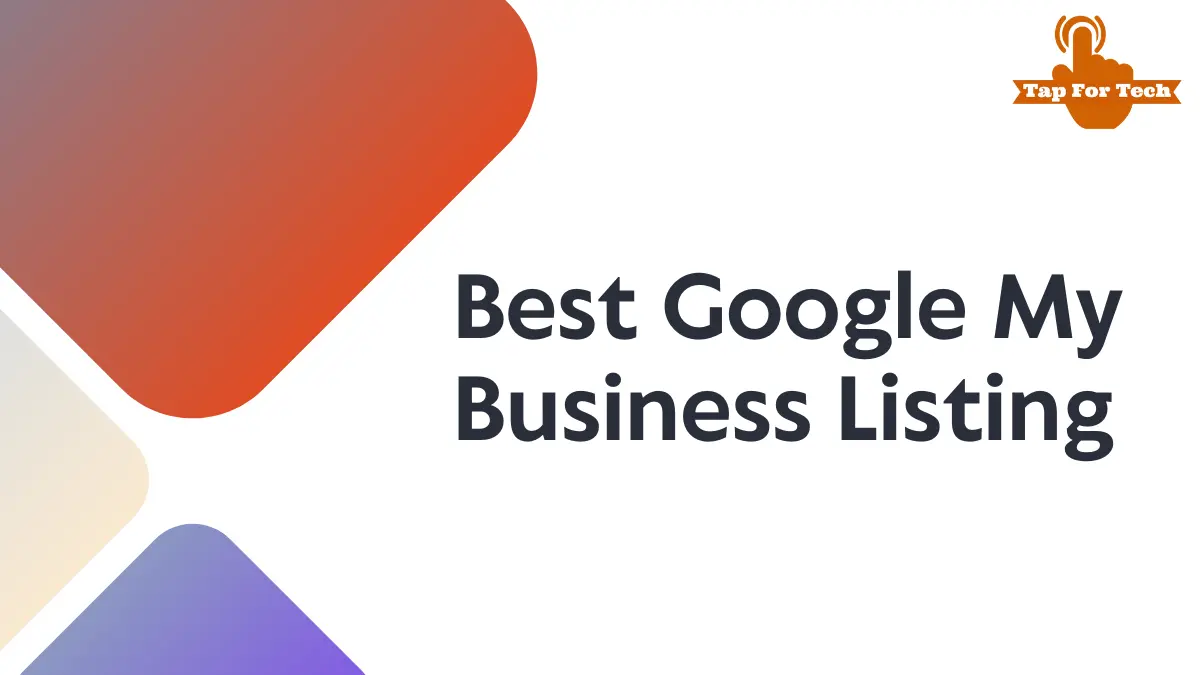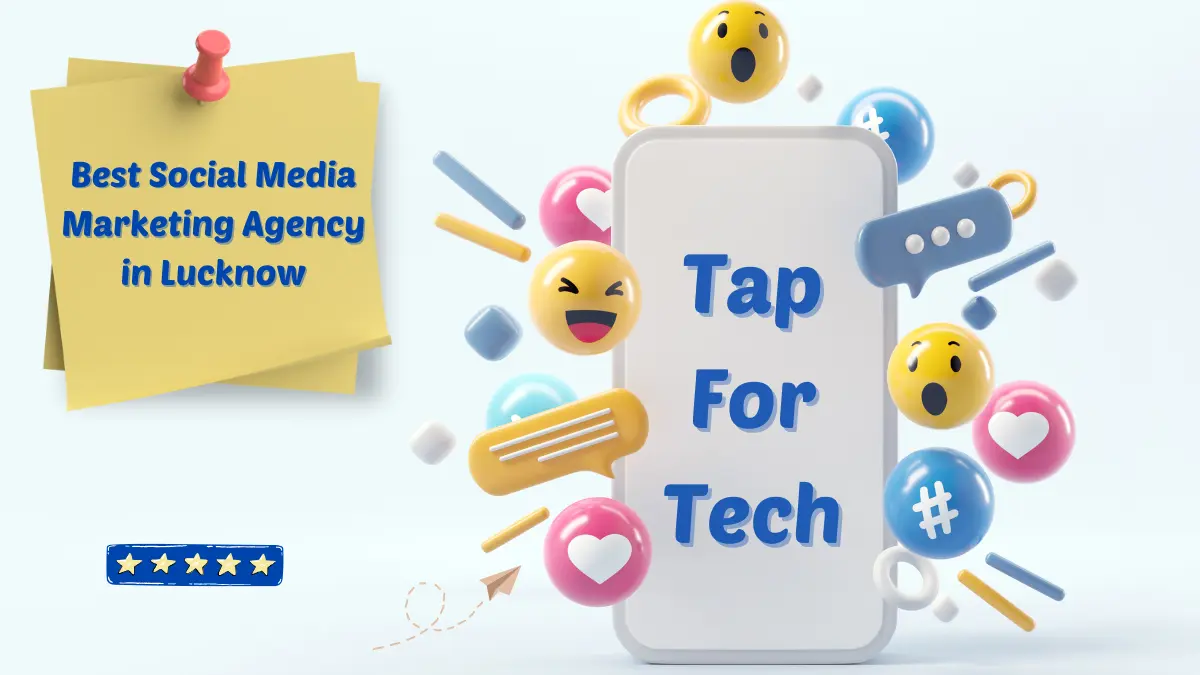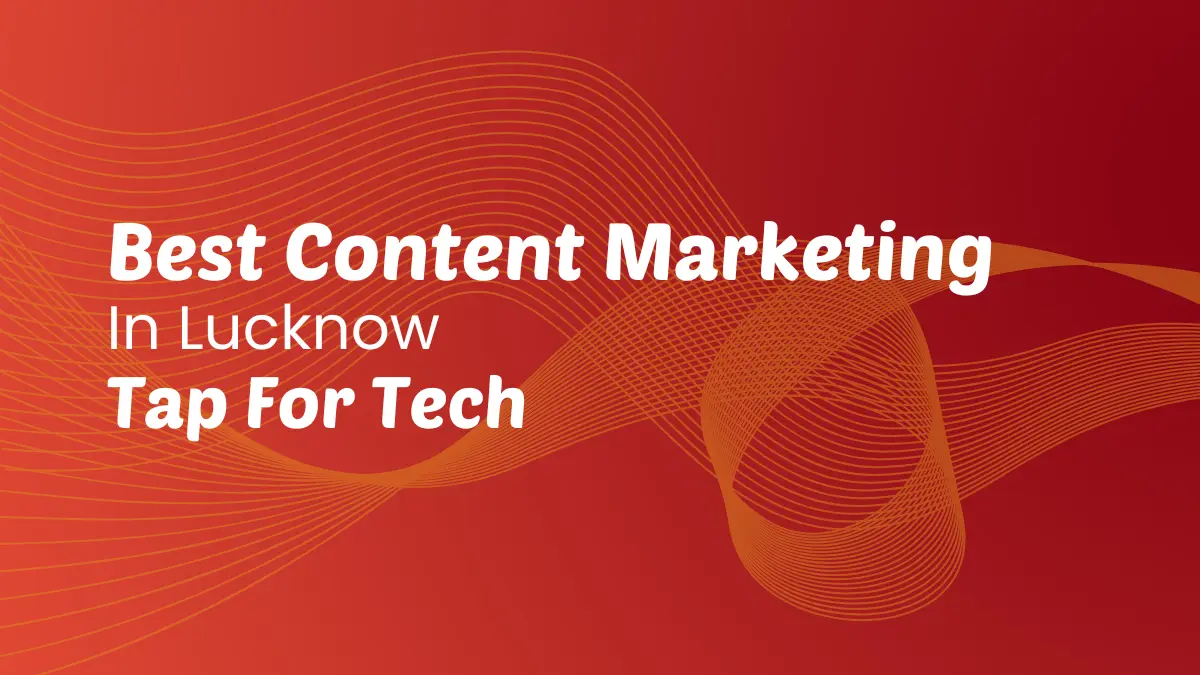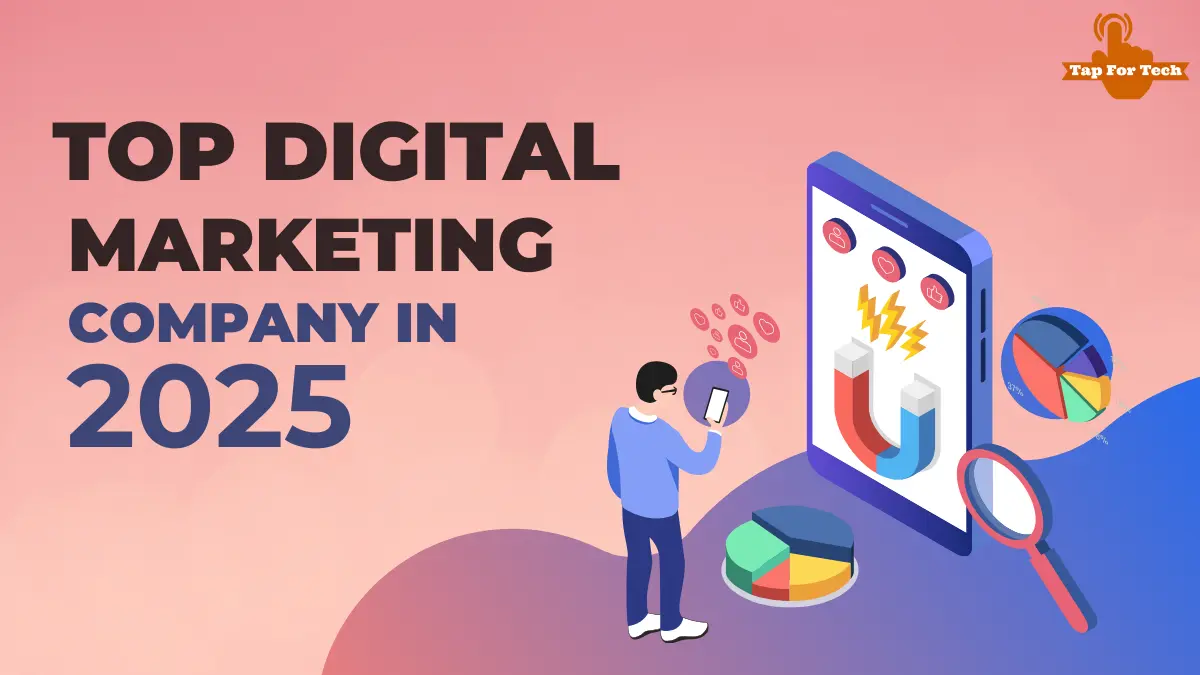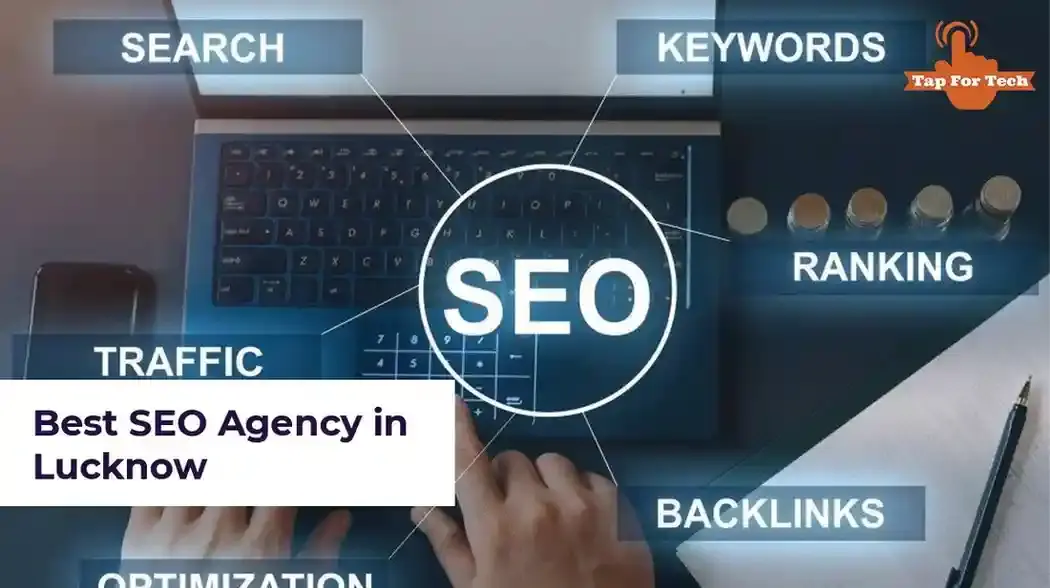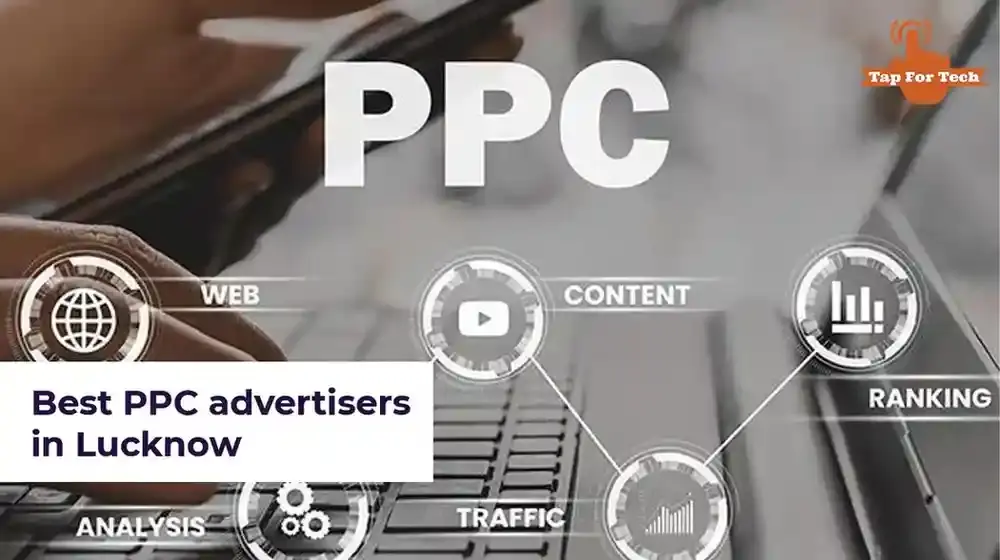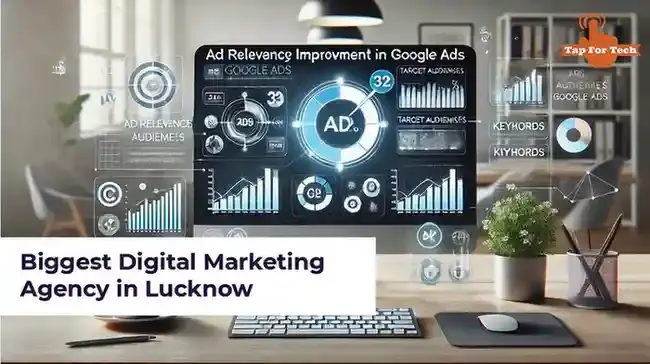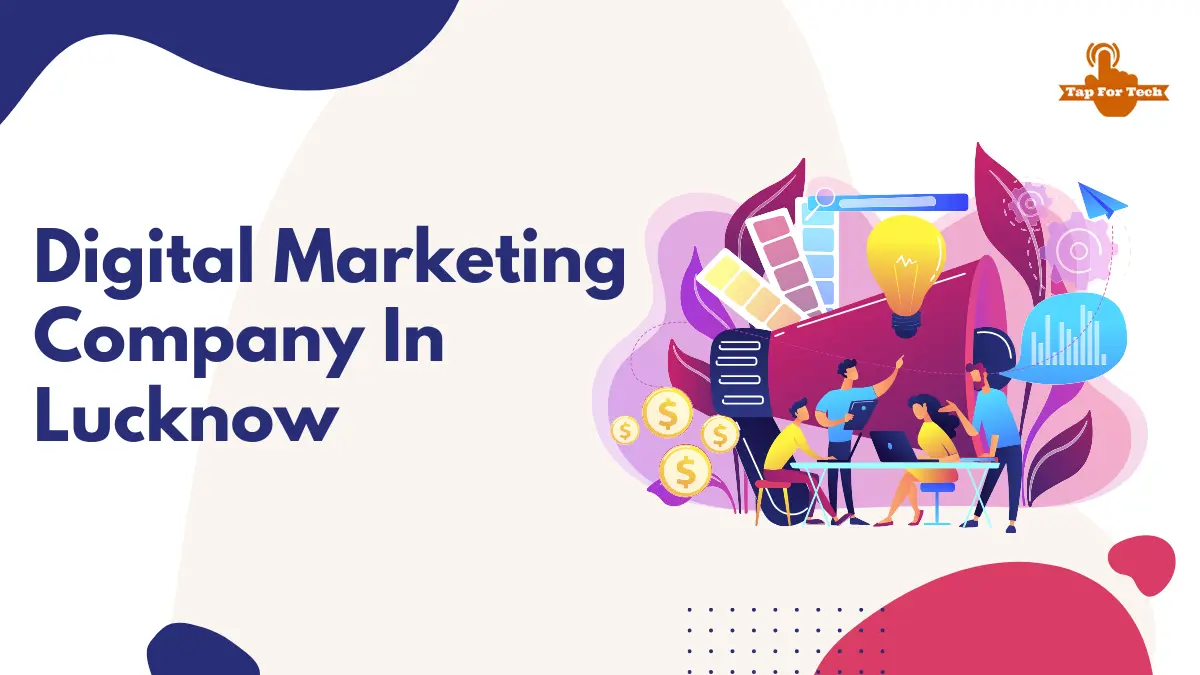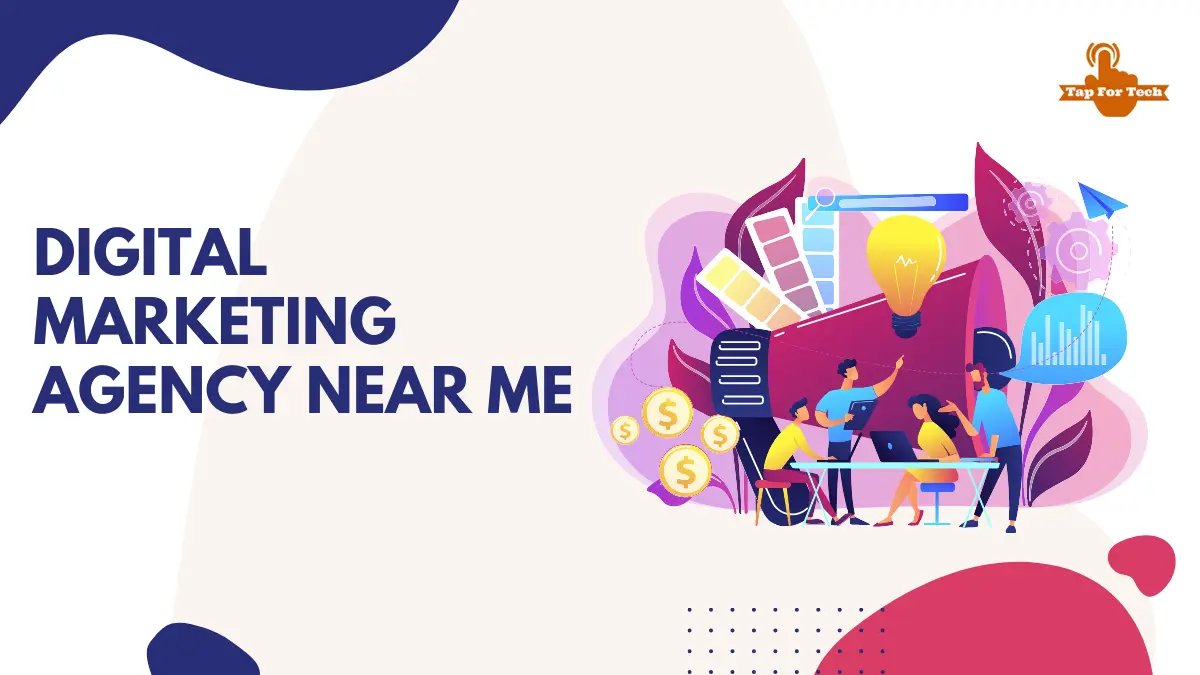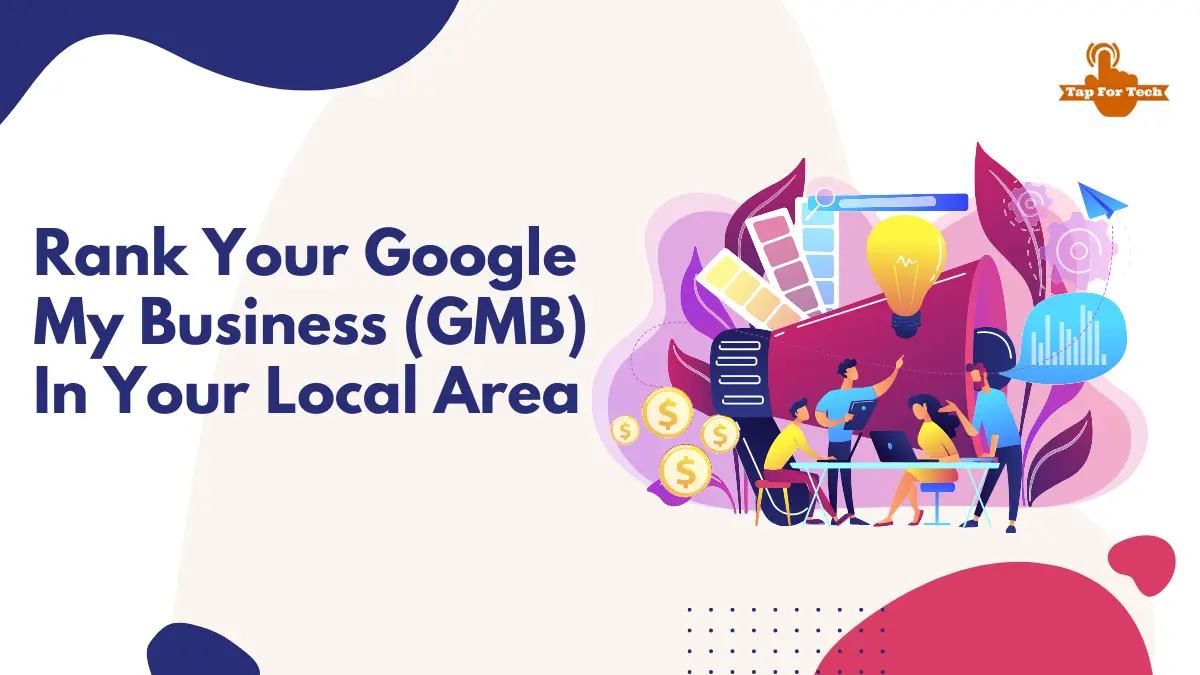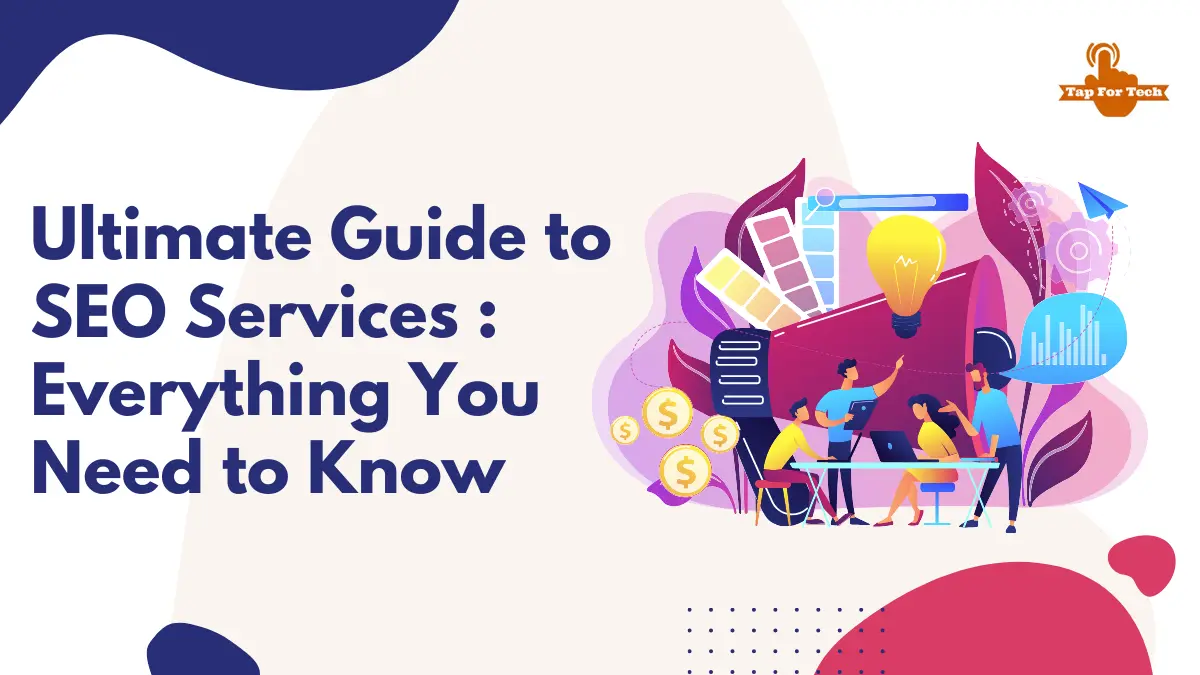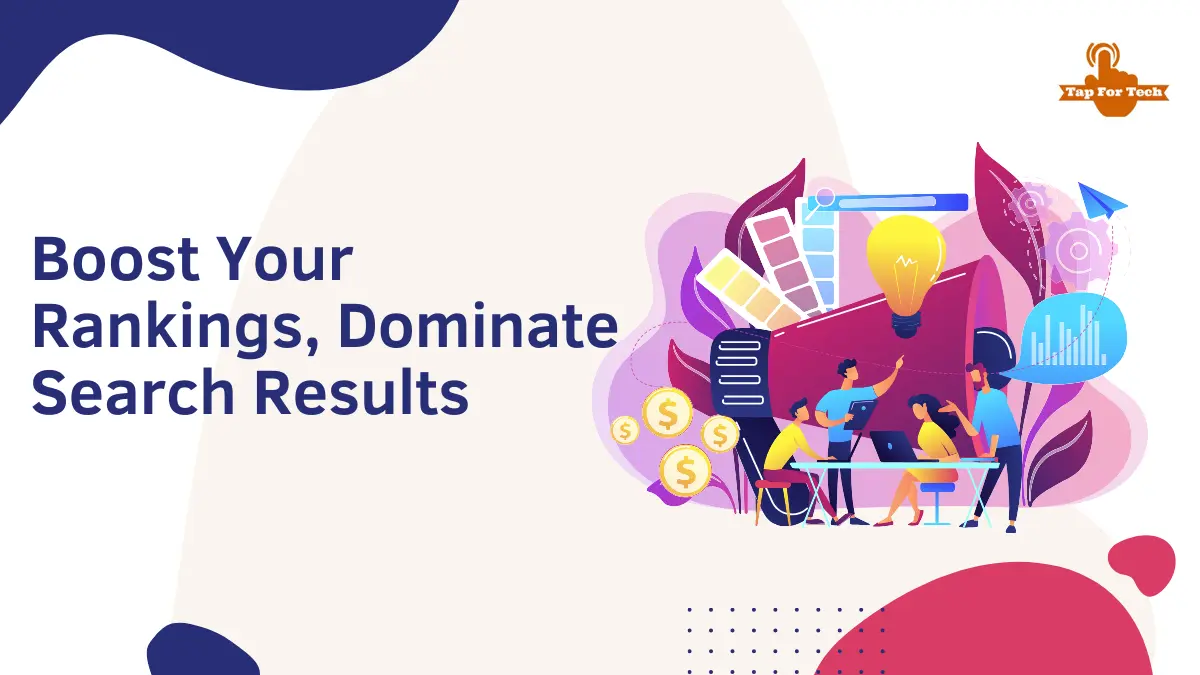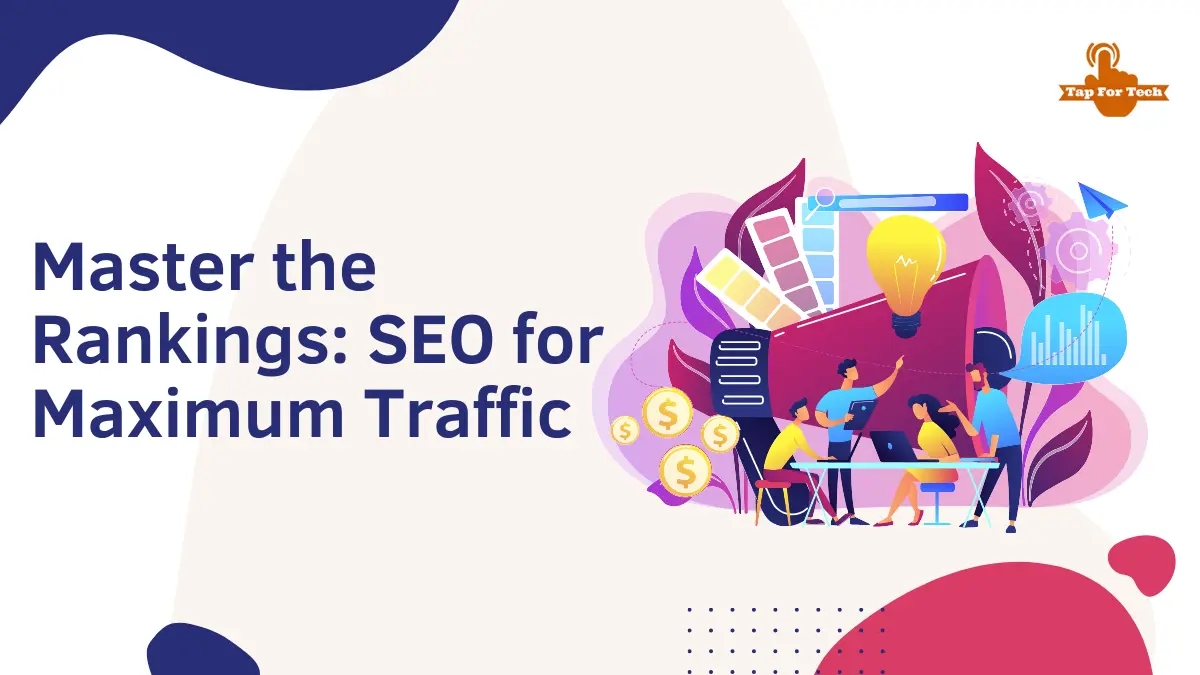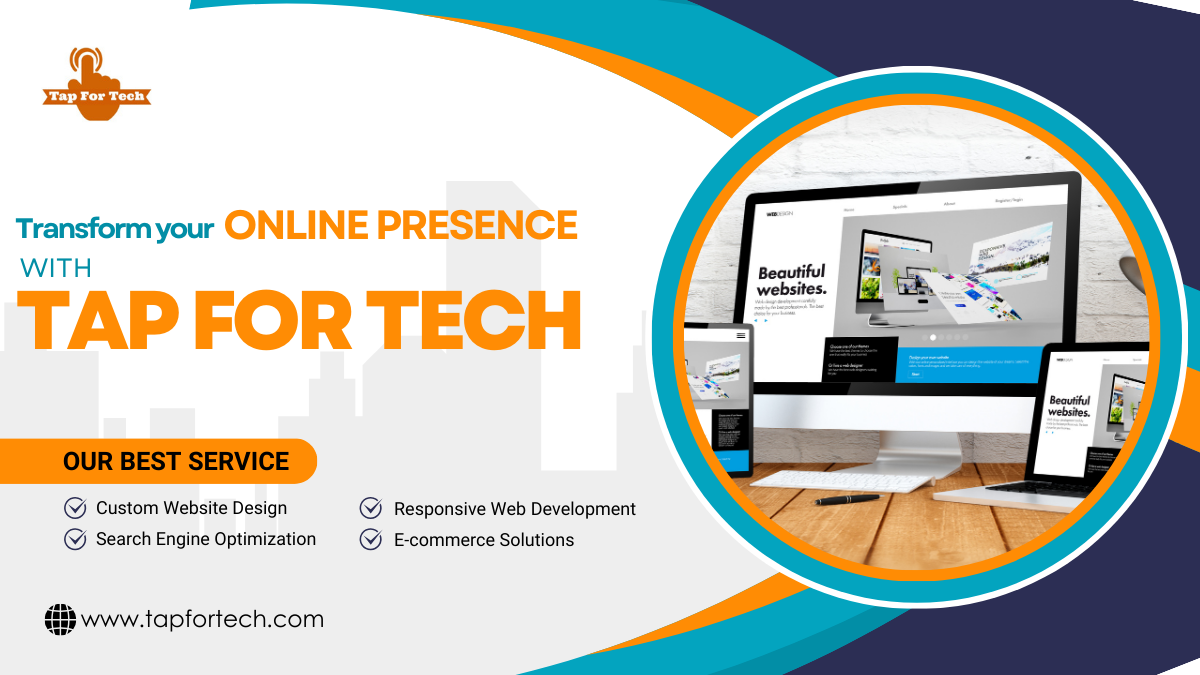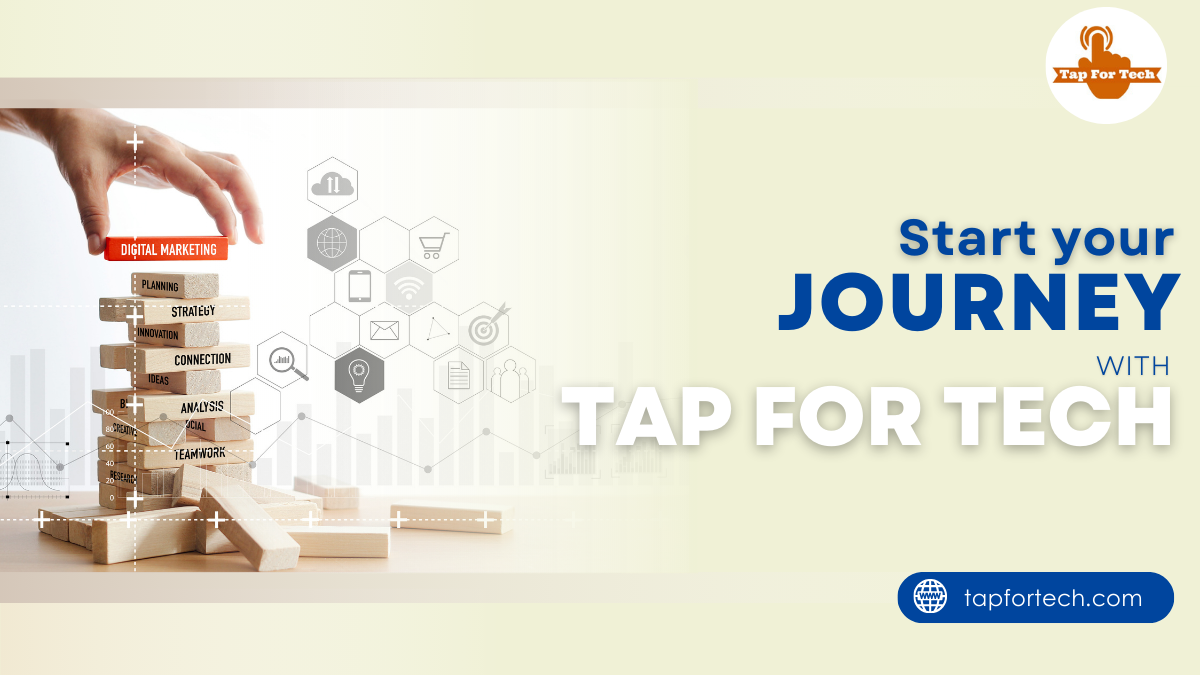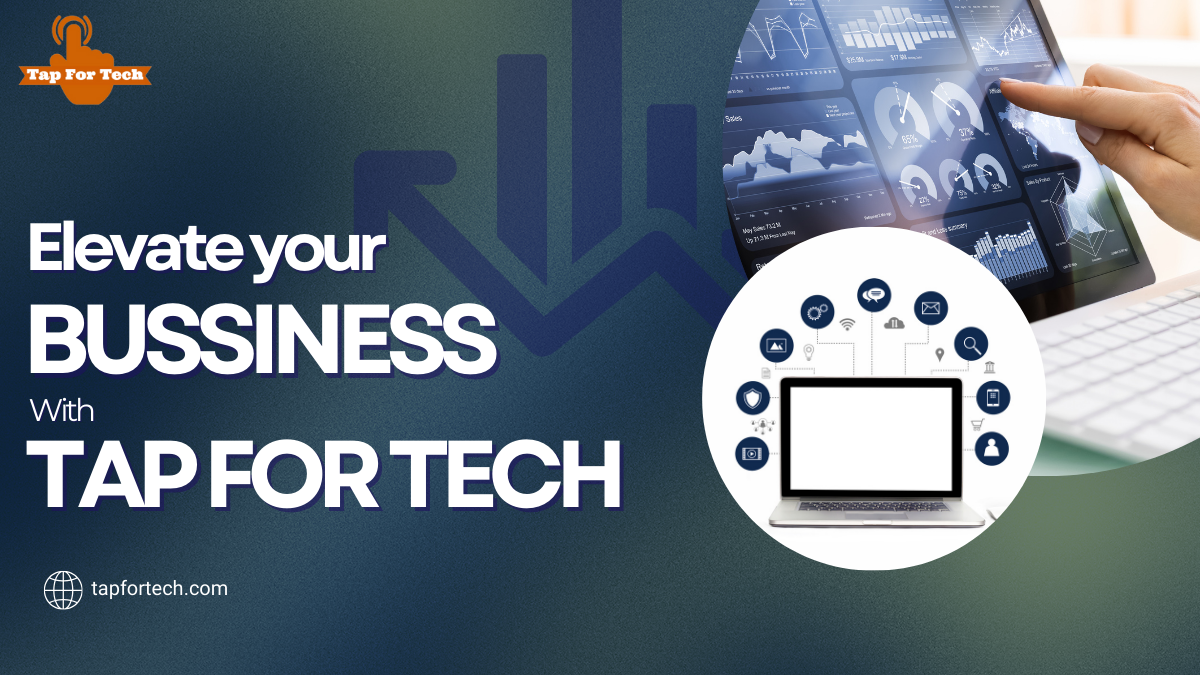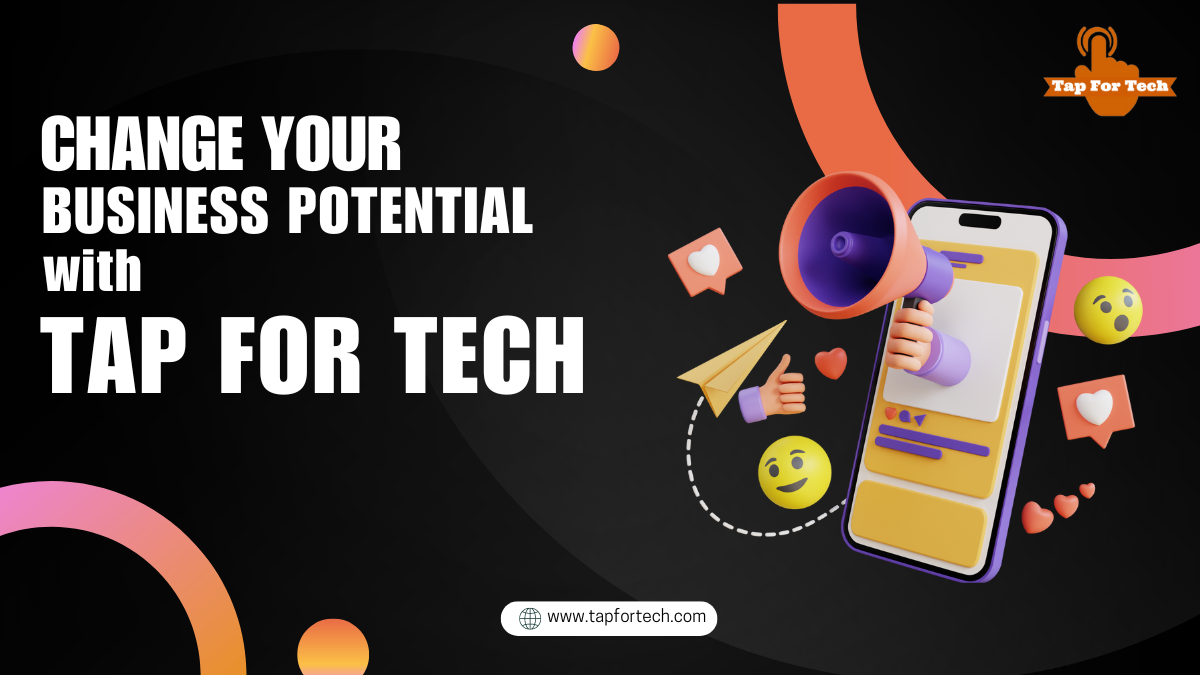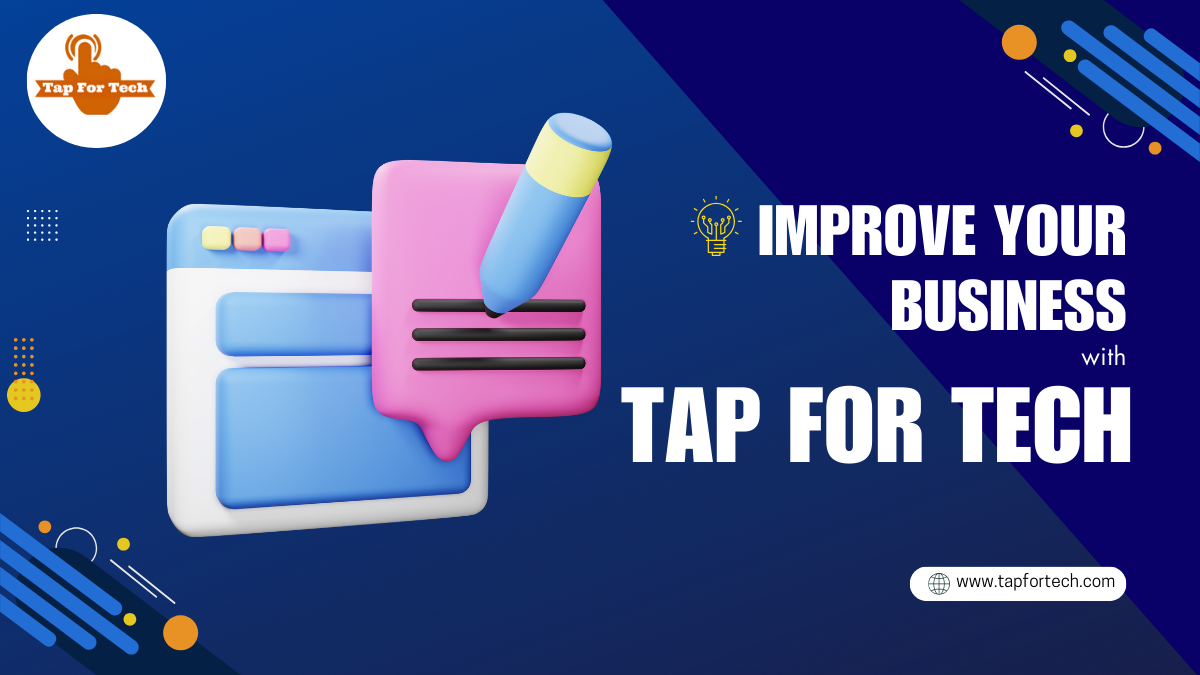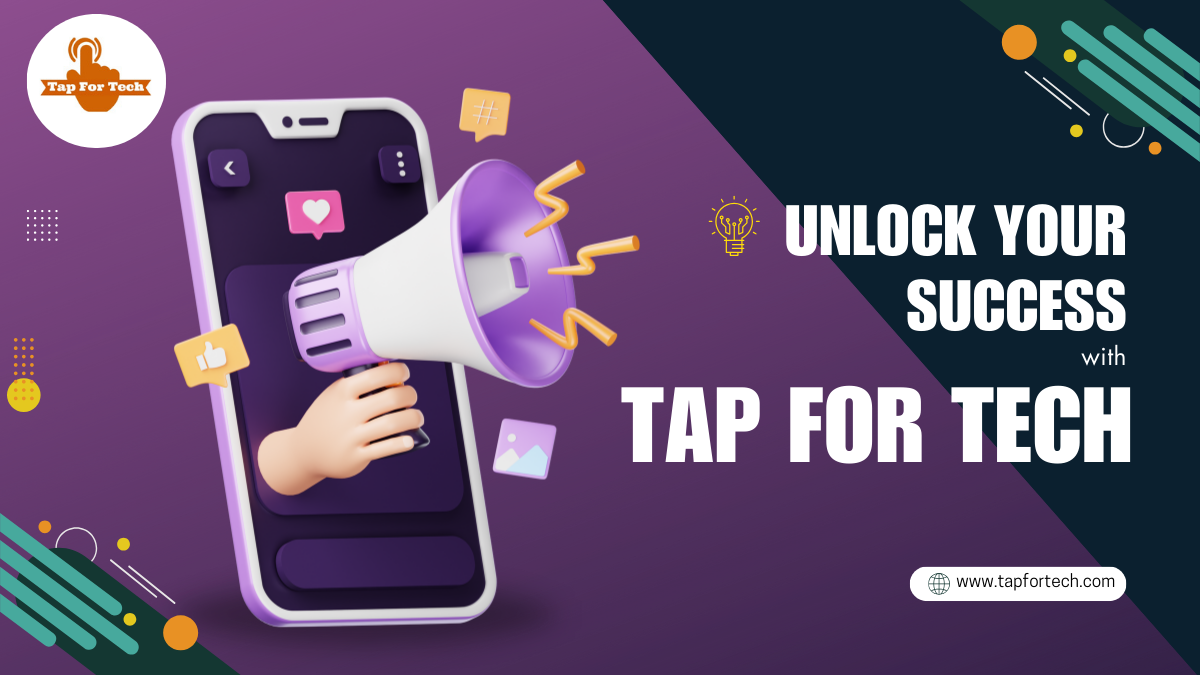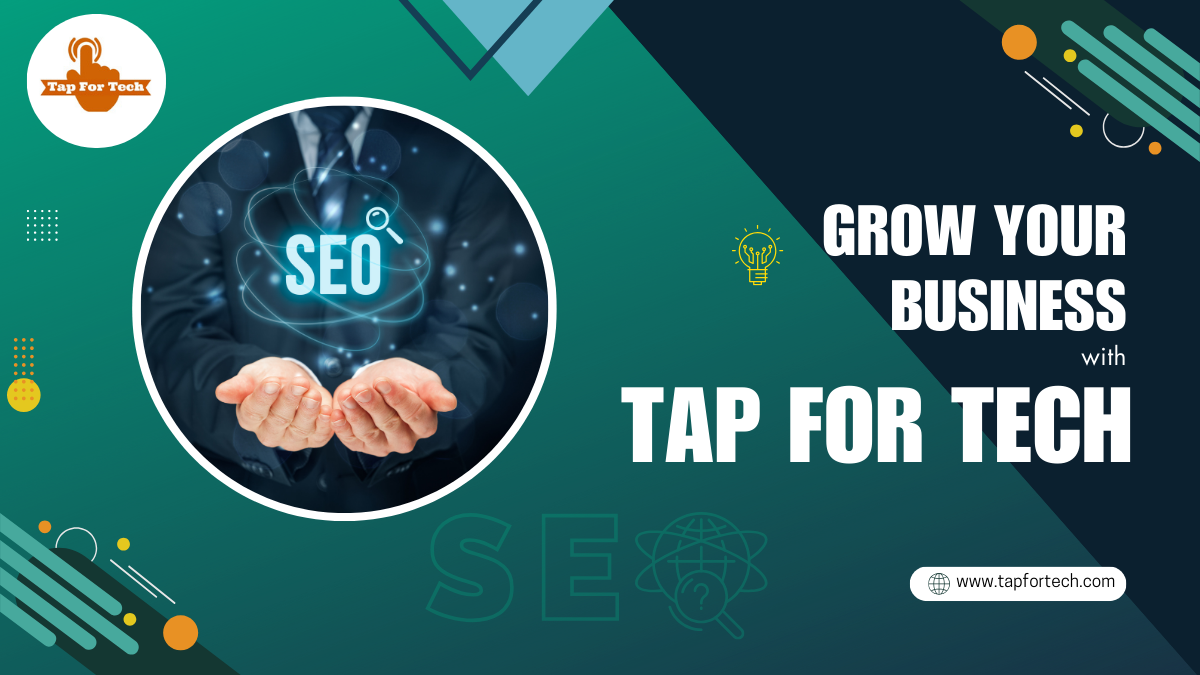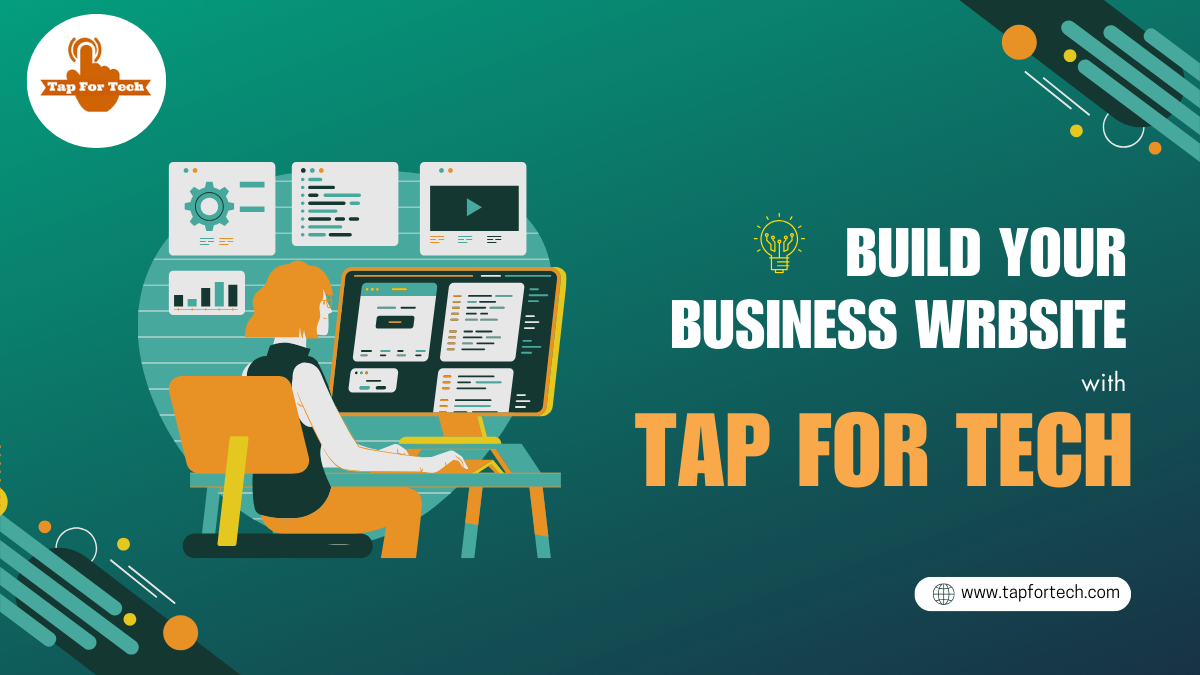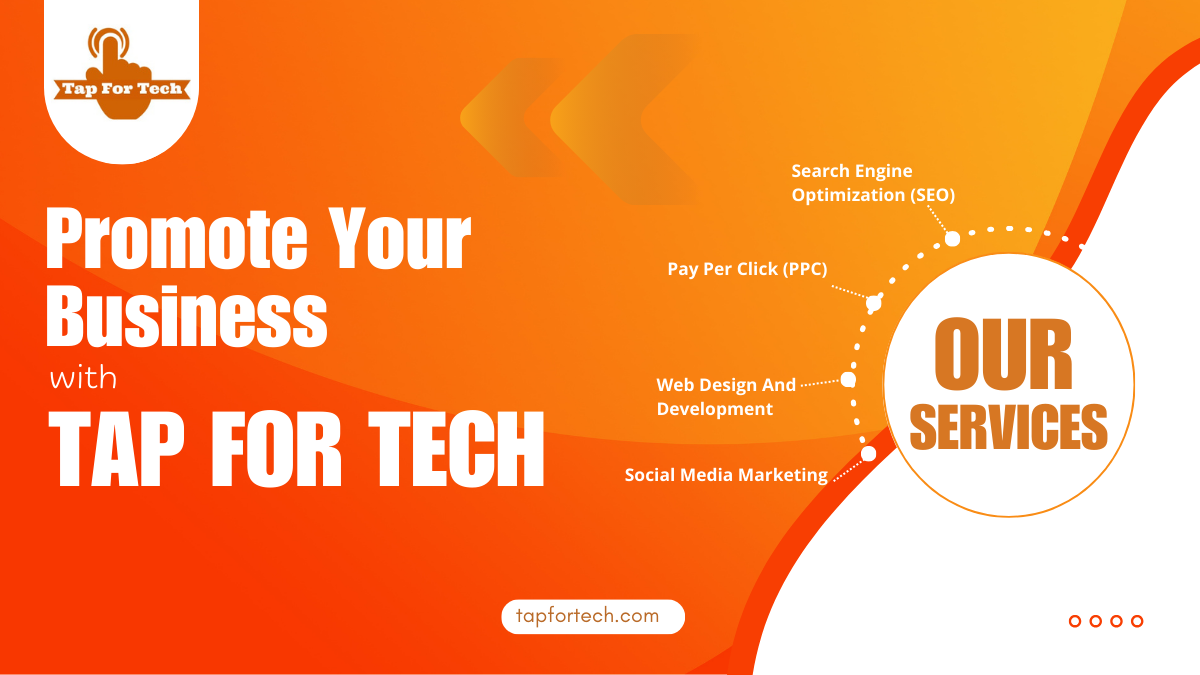One of the most efficient ways to enjoy fast results for strategic marketing is through PPP (Pay Per Click) advertising. PPC or pay per click in digital marketing is a form that works whether you are just starting out as a tiny startup, or an established business that is trying to expand. If you understand how PPC digital marketing works, you can scale your online reach and visibility and improve conversions.
Table of Contents
Introduction to PPC Advertising
To put it simply, pay per click (PPC) advertising is a form of internet marketing in which advertisers pay a fee each time their advertisement is clicked. Essentially, you are buying visits to your site, rather than earning those visits organically by SEO.
The most common form of PPC services in digital marketing is search engine advertising. In search engine advertising, businesses bid for ad placement in a search engine’s sponsored links when a user searches for a keyword that is related to their business.


For example, if you placed a bid on the keyword “web development services”, your ad could be shown in the first page of Google search results if that phrase is searched by a user. You are then responsible for a small fee each time a user clicks on an ad activated by your bid.
If you implemented your PPC campaign properly, then the fee you incur becomes small in comparison to the value of the visit. That is the Pay Per Click difference in digital marketing.
Benefits of PPC vs. SEO
PPC will give you immediate results, while Search Engine Optimization (SEO) focuses more on increasing your site’s ranking over time. Here is a breakdown of the differences:
Speed of Results
- PPC: You will gain immediate visibility as soon as your campaign goes live.
- SEO: Takes weeks, or even months to climb the search rankings.
Cost
- PPC: You are charged per click of your ad; this can be pricey if managed poorly.
- SEO: It can take time and effort; however, it is cheaper in the long run and you’ll have to wait longer for a return.
Flexibility
- PPC: Easily adjusts in real time. You can change ads, targeting, and budget at any time.
- SEO: The changes you made to your website or link building will take time to reflect on your ranking; typically, these changes are more strategic.
Data and Conversion Tracking
- PPC: Advertisers can track every dollar spent and determine how much revenue was made from that investment.
- SEO: Harder to measure costs attributable to sales or leads directly related from organic search.
SEO momentum can be built and will lead to long-lasting value for a company, however; Pay Per Click advertising agencies are using PPC as they want faster, aggressive growth and targeting.
Incorporating an aspect of both can be the best solution to a company’s growth; SEO provides sustainable growth over time while PPC can provide fast traffic and conversion.
Google Ads vs. Social Media Ads
Not all PPC platforms are equal. Let’s compare two important players in the world of PPC digital marketing: Google Ads and Social Media Ads (such as Facebook, Instagram, LinkedIn, and Twitter).
Google Ads:
- Reaches users with search intent—they are actively seeking products or services.
- Works best for businesses that provide specific solutions that users are searching for.
- Utilizes keywords to target audiences.
- Best for lead generation, e-commerce, and high conversion goals.
Social Media Ads:
- Targets users based on demographics, interests, and behaviors.
- Ideal for brand awareness, product discovery, and storytelling.
- High visual and engaging.
- Best for B2C companies or companies whose products or services are visually appealing.
A Pay Per Click advertising agency may utilize both platforms at the same time for a truly engaged multi-channel campaign. For instance, you could use a Google ad to capture the user who has buying intent and at the same time, have a Facebook ad to nurture a colder audience with captivating content.
Budget Planning and ROI Tracking
PPC digital marketing provides an advantage over traditional marketing by allowing control of your advertising budget. Planning your PPC budget is a good way to start with a smaller budget and scale with results, instead of committing to a fixed advertising budget of traditional marketing.
A few steps to planning a smart budget:
- Set Goals: As with any marketing, spend some time thinking about what success looks like – more sales, leads, website traffic, or app installs.
- Establish your CPA (Cost Per Acquisition): Once you know your goals, you need to know how much you are willing to pay for a customer.
- Test/Test and Optimize: Start small, spend your small daily budget, and run A/B tests or tests on your ads.
- Bidding Approach: Use manual or automated bidding strategies based on values.
- Geo Targeting and Device Targeting: Spend more where it converts the best.
Tracking ROI:
- Configure tracking in your analytics tools (Google Analytics) and/or the analytics dashboards of each platform to:
- Track conversions
- Monitor bounce rates
- Identify which keywords or ads are delivering the best ROI
- Identify where traffic is coming from with UTM parameters
Using a Pay Per Click advertising agency will save you money because they will build your campaigns – data driven campaigns that are focused on the ROI.
Common Mistakes to Avoid in PPC Campaigns
Often, businesses jump into PPC digital marketing hoping for a miracle and end up losing money faster than they can count! Below are some of the missteps that we see regularly:
1. Bad Keyword Research: Investing in keywords that are too broad or too irrelevant to be relevant will use up your budget fast. Use tools like Google Keyword Planner to better isolate high intent(s) keywords with low competition.
2. Not Using Negative Keywords: Although very often overlooked, using negative keywords avoids your ad showing up in search results that are completely irrelevant to your product or service. The goal is not only to keep you under budget, but also to limit unwanted clicks on your ad.
3. Ignoring Mobile Experiences: Mobile is now the medium of choice for those searching, as you can see, almost two-thirds of all searches happen on mobile as opposed to desktop. If your landing page does not have a seamless mobile experience, your bounce rate will be extremely high.
4. No A/B testing: Not doing A/B testing on different headlines, CTAs, or images can potentially limit a campaign’s potential in terms of ad words purchased.
5. Weak Ad Copy: Your ad must be compelling, relevant, and driven. There are thousands of ads published every day, and if your ad copy is bland, your clicks will result in wasted time and money.
6. Not Tracking Conversions: If you do not record which ads convert, how will you scale or improve when analyzing your spend.
Using a Pay Per Click advertising agency can avoid these common pitfalls and ensure that your campaigns are handled strategically and efficiently.
Final Thoughts: Why Your Business Needs PPC Now
In the increasingly competitive online space, PPC digital marketing is mandatory. If you are looking for fast leads, marketing exposure, brand reach or increased sales, Pay Per Click in digital marketing gives you unmatched control, speed and reporting.
When used correctly, PPC can help your business to:
- Outbid your competition
- Expand your audience outreach and target specific people
- Control your advertising budget
- Track every dollar spent and measure your success real time
Using a Merced advertising agency that specializes in Pay Per Click advertising can accelerate your efforts even further and give you a competitive advantage over other businesses still strictly organic in their strategies.
FAQs – PPC digital marketing
What is PPC in digital marketing?
In PPC (Pay Per Click) within digital marketing, advertisers are charged a fee each time their ad is clicked. It’s considered a way to drive traffic to websites by purchasing visits rather than earning them through organic search. Many PPC ads are on Google or one of the social media advertising platforms.
How does PPC digital marketing benefit my business?
PPC digital marketing can benefit your business in a multitude of ways by providing instant visibility on a search engine or social media platform, targeting desired audiences, or it shows you measurable results. It is especially effective at generating leads or sales, and when you want to promote a new product.
How is PPC different from SEO?
While SEO relies on gaining organic traffic over time and is ultimately a long-term strategy, PPC digital marketing provides immediate results because it places ads right in front of the user. PPC is quicker and cost-based, while SEO is slower but (generally) free, and eventually, more cost effective (though it takes a long time to produce results).
What platforms are best for PPC advertisers?
The most common platforms used by PPC advertisers are:
1. Google Ads for search engine marketing.
2. Facebook and Instagram Ads for visual, and demographic targeting.
3. LinkedIn Ads for B2B campaigns.
4. The best platform will be determined by your business goals and the audience you are trying to reach.
Can PPC help small businesses with limited budgets?
Yes, Pay Per Click, in digital marketing can fit your budget. You are able to start small, test small campaign budgets, and look to scale from there based on performance. Even a small budget can produce strong results with effective targeting and crafting of copy.
Ready to Leverage PPC for Growth?
Whether you’re new to PPC, or growing your PPC efforts, leveraging PPC advertisers with direct experience is probably the best option for you. Tap For Tech specializes in results-driven PPC digital marketing campaigns that generate Traffic, sales, and brand value.
Tap For Tech can help you convert clicks into customers — efficiently and profitably.

